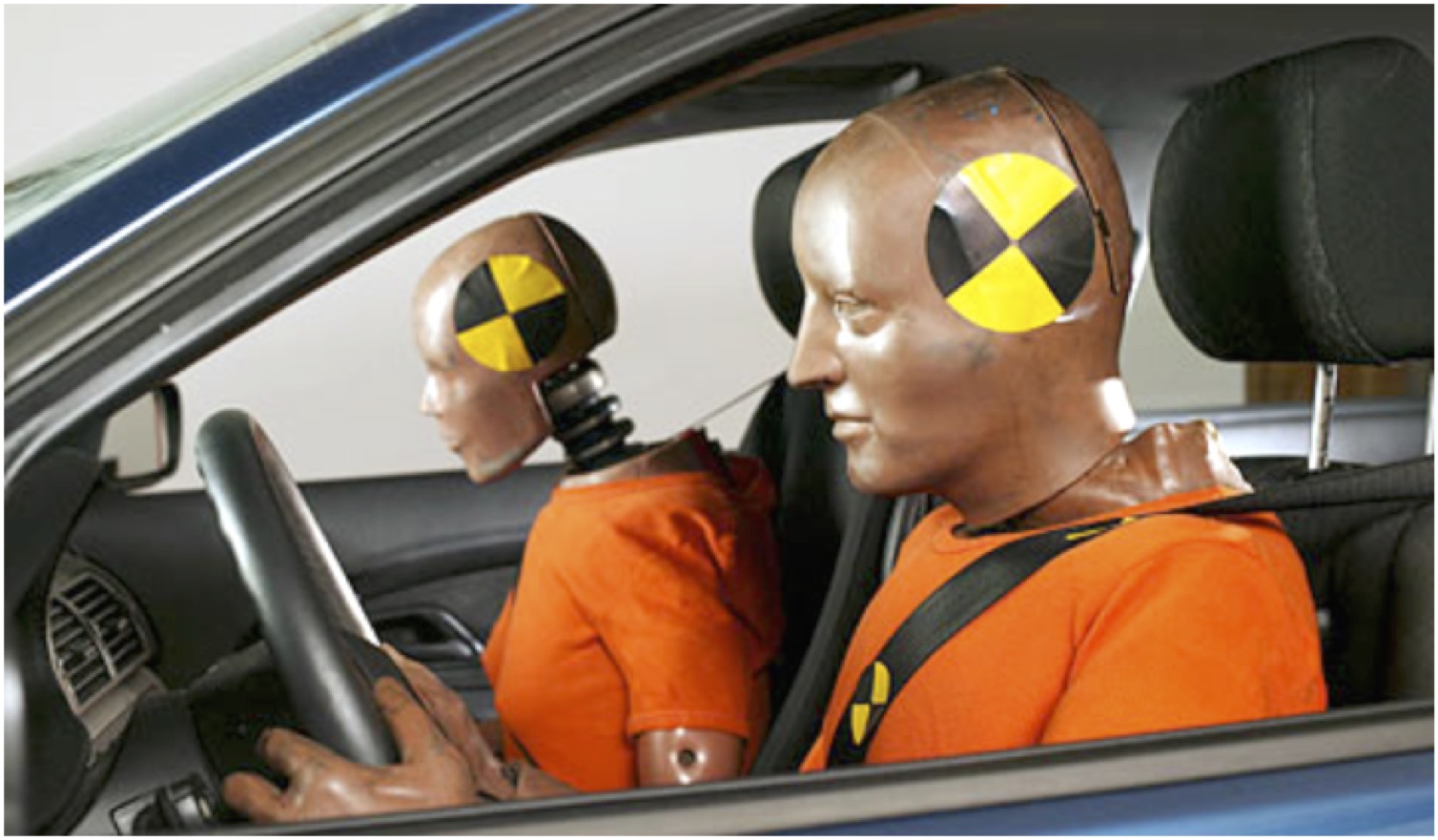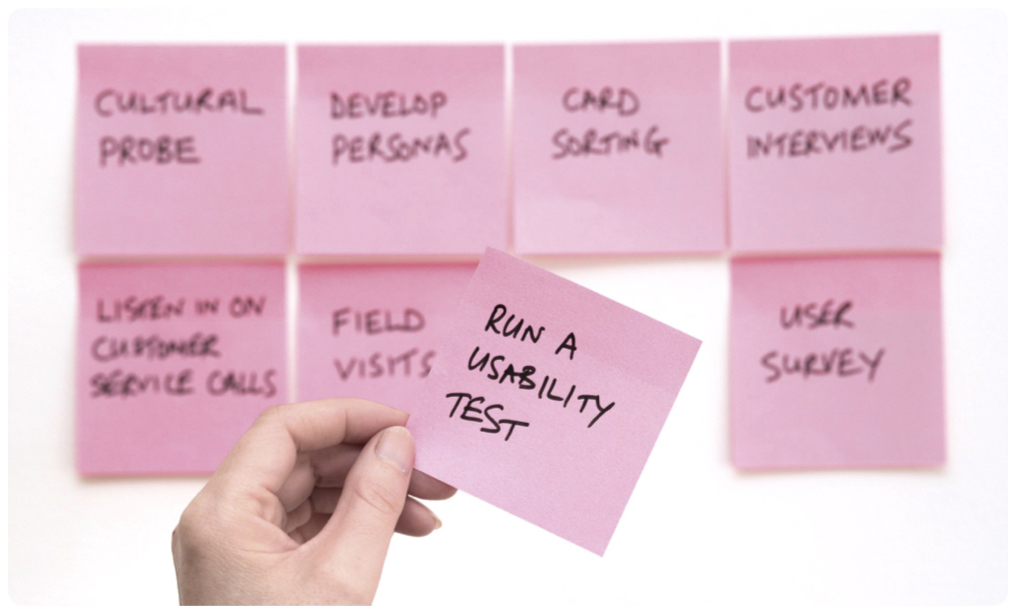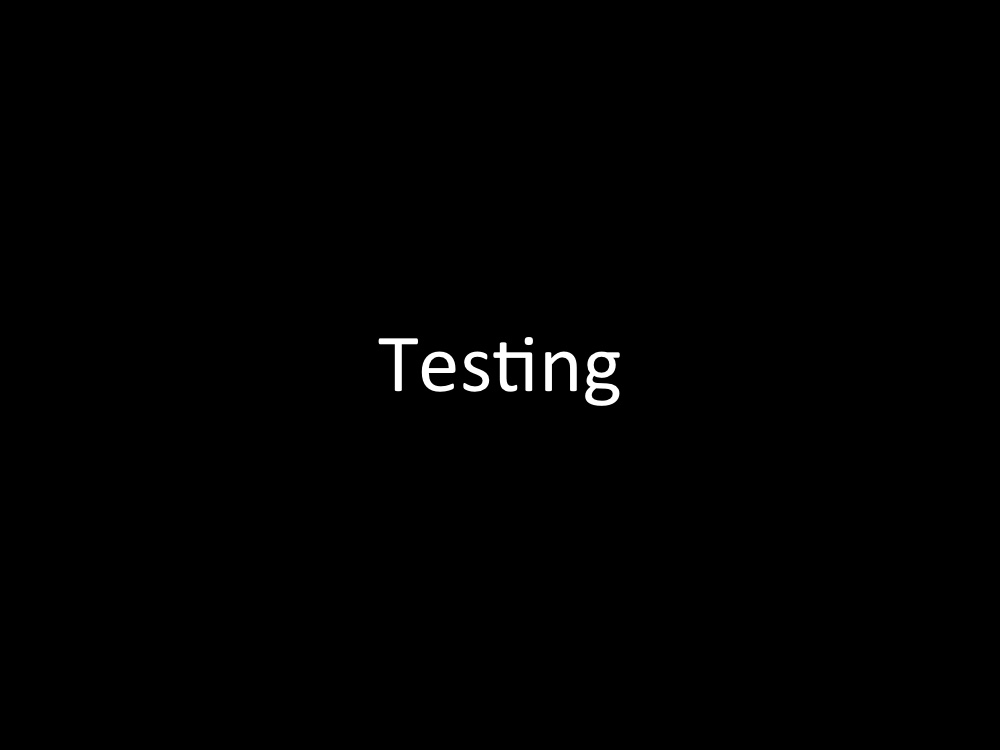Presidential Panel on Diversity and Performance
Annual Meeting of the Society for the advancement of Socio-Economics (SASE) 2019
June 27-29, 2019
Organiser: David Stark (University of Warwick, Columbia University)
Maria Abascal (Columbia University), Janet Xu (Princeton University), and Delia Baldassarri (New York University) — Heterogeneity or Minority Representation? Perceptions of Racial/Ethnic Diversity.
David Stark (Columbia University and University of Warwick), Sheen Levine (University of Texas-Dallas), and Charlotte Reypens (University of Warwick) – Racial Bias Blocks Observational Learning.
Mabel Abraham (Columbia Business School) and Vanessa Burbano (Columbia Business School ) — The Importance of Gender Congruence in Corporate Social Responsibility: Field Experimental Evidence of Applicant Interest
Sheen Levine (University of Texas-Dallas), David Stark (Columbia University and University of Warwick), and Charlotte Reypens (University of Warwick) — Payoffs for Paying to Cross the Gender Gap.
Discussant: Katherine Phillips (Columbia University).
Workshop on Innovation and Creativity
Heraklion, Greece
July 24-26, 2019
Organised by: George Chondrakis (ESADE), Simone Ferriani (University of Bologna) & David Stark (University of Warwick)
The Crete workshop on Innovation and Creativity, co-organized by George Chondrakis (ESADE), Simone Ferriani (University of Bologna) and David Stark (University of Warwick), was a first attempt to create a multidisciplinary community of scholars who study innovation and creativity as broadly defined. Our key objective was to help appreciate the diversity of perspectives that are required in order to understand creative and inventive processes by bringing together economists, sociologists and management scholars. In this first edition, we enjoyed three keynote speeches by Pierre Azoulay (MIT), Alfonso Gambardella (Bocconi) and David Stark (Warwick). Pierre gave an overview of theoretical work focused on the problem of providing incentives for innovation, while drawing extensively on empirical studies of specific funding schemes. Alfonso presented results from two field experiments that may help us move towards a scientific approach to entrepreneurial decision-making. David challenged to audience to think more broadly about how social change can be conceptualised and how such change processes can be revealed in organisational settings through the use of network-analytic methods.
With: Noah Askin (INSEAD), Pierre Azoulay (Massachusetts Institute of Technology), Gino Cattani (New York University), George Chondrakis (ESADE), Prithwiraj Choudhury (Harvard Business School), Raffaele Conti (Catholic University of Portugal), Coleen Cunningham (London Business School), Denise Falchetti (University of Bologna), Simone Ferriani (Boston University) Giovanni Formilan (University of Warwick), Joachim Henkel (Technical University of Munich), Jan Hohberger (ESADE), David Hsu (Wharton Business School), Julian Jourdan (PSL Paris-Dauphine), Babis Mainemelis (Alba Graduate Business School), Myriam Mariani (Bocconi University), Michael Mauskapf (Columbia University), Pilar Opazo (Massachusetts Institute of Technology), Matteo Prato (USI/University of Lugano), Dimo Ringov (ESADE), Carlos Serrano (Pompeu Fabra University), Stoyan Sgourev (ESSEC), Janet Vertesi (Princeton University), Rosemarie Ziedonis (Boston University)
Sponsored by: ESADE Business School; University of Bologna; BLINDSPOT Project, European Research Council; PRIN, Italian Ministry for Education, Universities and Research
Put to the Test: Critical Evaluations of Testing
London, UK
Dec. 11-12, 2018
Organised by: Noortje Marres and David Stark
(Centre for Interdisciplinary Methodologies, University of Warwick)
 A test can be defined as an orchestrated attempt to reveal an entity’s potentially unknown properties or capacities. A driving exam, a drug trial and a planetary probe are all procedures designed to ascertain the properties of some entity. However, while tests and testing are well- established social forms, the role of test and testing in culture, economy and politics seems to be expanding. With randomized controlled trials in economic development, smart city experimentation, and citizen tests by immigration authorities, the protocols, grammars, and logics of testing are becoming increasingly prominent as ways of intervening in society.
A test can be defined as an orchestrated attempt to reveal an entity’s potentially unknown properties or capacities. A driving exam, a drug trial and a planetary probe are all procedures designed to ascertain the properties of some entity. However, while tests and testing are well- established social forms, the role of test and testing in culture, economy and politics seems to be expanding. With randomized controlled trials in economic development, smart city experimentation, and citizen tests by immigration authorities, the protocols, grammars, and logics of testing are becoming increasingly prominent as ways of intervening in society.
In an age of digital innovation, testing seems to have become ubiquitous, as tests are routinely deployed as a marketing device, a form of governance, or an everyday practice to evaluate the self. Indeed, some have argued that we are increasingly “governed by pilot” (Grommé, 2015). What are the social and political consequences of ubiquitous testing? What are its implications for relations between innovation, organisations, public politics, and everyday life? And what remains of the potential for experimentation as an emancipatory form?
The workshop seeks to contribute to the literature in the following ways: First, to analyze testing as a social and organisational form we suggest to suspend some assumptions held in previous social studies of testing. For many sociologists of science of the 1980s, the general outcome of the introduction of tests into society was known in advance: it would make social practices more like scientific practices, and contribute to a wider ‘laboratization’ of society (Latour, 1988; Collins, 1985). However, today’s proliferation of societal tests indicate that, contrary to early STS assumptions, testing does not ‘naturally’ belong to the sciences, or even, to experts. Social life is in and of itself ‘testing’ in myriads of ways. In the field of romantic attachments, a date can be understood as a test. In film and TV, a pilot is a test. In music, a jam session can work as a kind of test of whether we can play together. That is, if testing is becoming widespread in many areas of social, organisational and public life, it might not be because its forms are originating in the field of science.
 Second, also in cases where the place of testing literally moves from the setting of controlled spaces such as the laboratory into the home, the field or the city, we still need to ask, what are the social and political consequences of the new configuration? Take the example of the pregnancy test, once performed in the laboratory, now conducted at home with results revealed directly without a doctor. While revealing a new relation between a woman and her body, the home pregnancy test, as Joan Robinson (2016) shows, has the potential to change – to re- qualify – relations between the woman and her partner, her in-laws, and her employer. As such, the test can put social relations, including wider, societal relations of accountability, to the test.
Second, also in cases where the place of testing literally moves from the setting of controlled spaces such as the laboratory into the home, the field or the city, we still need to ask, what are the social and political consequences of the new configuration? Take the example of the pregnancy test, once performed in the laboratory, now conducted at home with results revealed directly without a doctor. While revealing a new relation between a woman and her body, the home pregnancy test, as Joan Robinson (2016) shows, has the potential to change – to re- qualify – relations between the woman and her partner, her in-laws, and her employer. As such, the test can put social relations, including wider, societal relations of accountability, to the test.
Third, as already suggested, a test can reveal capacities; but tests can also be used to avoid revelation and to conceal information or capacities. The case of recent field tests of driverless cars (Marres, 2018) suggests such a possibility. In the face of public anxiety about the introduction of these new technologies onto the street, one can hear, for example, “It’s only a test.” Tests are frequently seen as trials that settle a matter, but they can fail to bring about a settlement, not only because results themselves can be unsettling, even deeply so, but also because of the performative flexibility of tests. We will be especially interested in understanding the social and political processes whereby tests are contested.
 Fourth, what is the spread of forms, methods and technologies of ‘testing’ doing to social and public life? As noted, in some digital realms testing presents an ubiquitous form. Not as an occasional event or bound episode, instead, the user is an experimental test subject potentially if not actually at every moment. The test might be of a functionality (i.e., the user need not be the subject), but nonetheless the user is participant in it. What is the user experience when life online is an ongoing test? What are the new subjectivities produced by ceaseless testing?
Fourth, what is the spread of forms, methods and technologies of ‘testing’ doing to social and public life? As noted, in some digital realms testing presents an ubiquitous form. Not as an occasional event or bound episode, instead, the user is an experimental test subject potentially if not actually at every moment. The test might be of a functionality (i.e., the user need not be the subject), but nonetheless the user is participant in it. What is the user experience when life online is an ongoing test? What are the new subjectivities produced by ceaseless testing?
The workshop brings together scholars from sociology, anthropology and related fields, whose work has already contributed to the social study of testing, to work through the above wider questions through an examination of exemplars: each chapter will introduce one or at most two examples, taken from their own research, of tests conducted in ‘other than laboratory settings’, and to address the wider questions above: what does testing do to social relations, how does it operate upon modalities of interaction, registers of sociality and forms of governance?
With: Jonathan Bach (New School for Social Research), Nathan Coombs (University of
Edinburgh), Giovanni Formilan (University of Warwick), Francisca Grommé (Goldsmiths), Antoine Hennion (Mines ParisTech/CNRS), Luciana de Souza Leão(Columbia University), Noortje Marres (University of Warwick), Daniel Neyland (Goldsmiths), Joan Robinson (Columbia University), Willem Schinkel (Erasmus University), David Stark (University of Warwick/Columbia University), Martin Tironi (Catholic University de Chile), Janet Vertesi (Princeton University)

Click here for a 4-minute “silent lecture” prepared for the workshop.
Performances of Value
London, May 4-5, 2018
Musicians, dancers, and actors perform. Politicians perform on public stages, doctors in surgeries, teachers in classrooms. And millions perform their everyday selves, in photos, videos and texts, on Facebook and Twitter. Performance denotes value. Coaches and sports statisticians measure athletes’ performance. Companies monitor the performance of their employees, stock markets register the performance of firms, indicators tell us which nations are more or less free, democratic or corrupt, and at the semester’s end students are asked to evaluate their professors. Top Ten lists are ubiquitous; online ratings of restaurants, movies, and books abound; and we are frequently asked to rate the reviewers. From the bedroom to the boardroom, pharmaceutical companies and management consultants promise enhanced performance.
We live in a performance society: a society saturated with performances of many and various kinds, with a wide range of attendant capacities, techniques and creativities – but also anxieties. While all societies involve performance, in the performance society more and more domains of life, and ever more activities within them, are experienced in terms of performance.
We are surrounded by performance metrics. At the same time, new technologies of measurement and new technologies of communication produce new circuits of performing and viewing with feedback loops operating across multiple temporalities. New digital technologies – and the performance metrics embedded in them – are leading to new forms of individualization.
Proliferating as well are new kinds of staging and rehearsal: sometimes in specially marked out places and times, and sometimes almost invisibly integrated into mundane and everyday lives. Or take coaching, a well-developed practice in sports and the arts. It takes new forms when applied to parenting, to one’s Klout score in the social media space, or to one’s managerial career. Whereas Taylor’s Scientific Management was about managing manual labor and Human Relations was about managing white collar employees, the new personal coaching is about managing the personalities of executives and professionals. It differs from counseling. Whereas psychotherapy prepares one for life, personal coaching prepares one for the next performance review.
The lived paradox of the performance society is the search to find what is not planned, managed, scripted or staged even while hoping that this moment will be captured in a digital form that can be instanteously disseminated to ones friends and followers.
How is our social world being reshaped by new performance metrics, new technologies of measurement, and new circuitries of performing and observing especially in everyday life?
Open to the Public

Performances of Value – A Panel Discussion and Open Conversation
Roundtable with:
Will Davies, Goldsmiths London
Wendy Espeland, Northwestern University
Kristian Kreiner, Copenhagen Business School
Christine Musselin, Paris-Sciences Po
Moderator:
David Stark, University of Warwick and Columbia University
May 3, 2018
Warwick in London
Stanley Building, Room MR7
7 Pancras Square
London N1C 4AG UK

